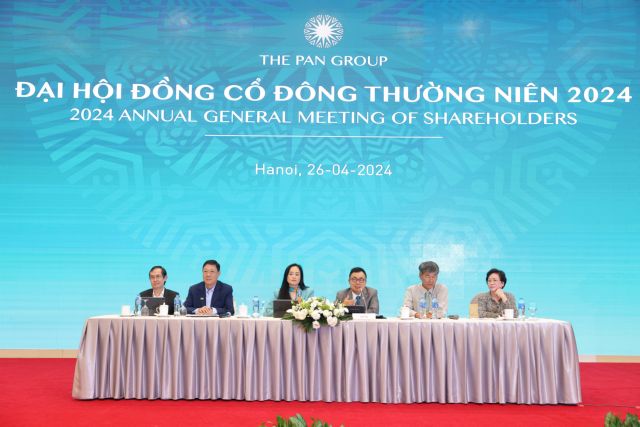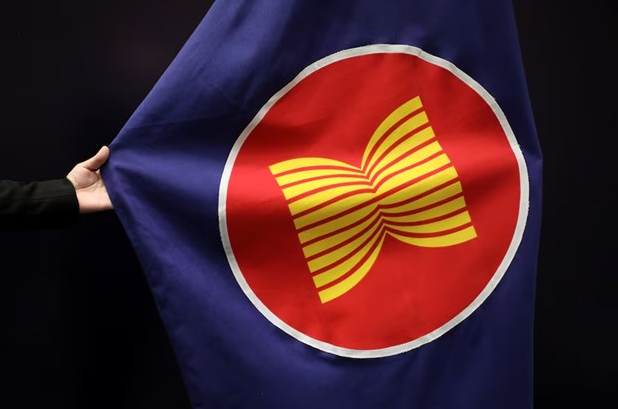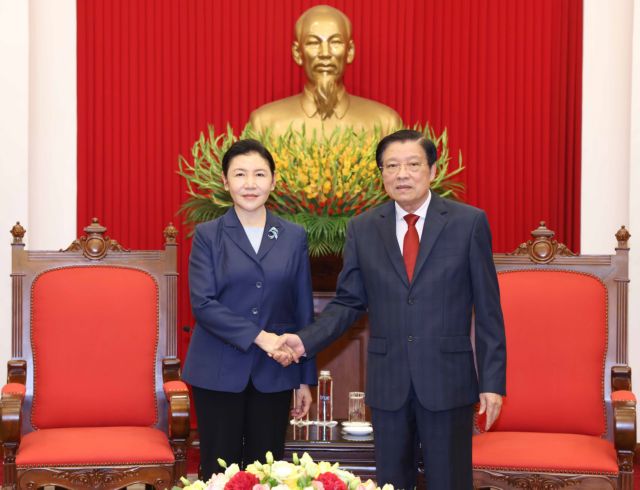

Britain on Wednesday challenged the EU's proposals to end a post-Brexit transition period on December 31, 2020, saying the date should reflect the time needed for both sides to strike a deal on future trade ties.
LONDON — Britain on Wednesday challenged the EU’s proposals to end a post-Brexit transition period on December 31, 2020, saying the date should reflect the time needed for both sides to strike a deal on future trade ties.
The government says it remains committed to limiting the transition, fixing a date around two years after Britain leaves the European Union on March 29, 2019.
But in a "draft text for discussion", it said the precise duration "should be determined simply by how long it will take to prepare and implement the new processes and new systems that will underpin the future partnership".
Britain cannot sign an agreement on new trading and security ties with the EU until after it ceases to become a member of the bloc.
"The UK agrees this points to a period of around two years, but wishes to discuss with the EU the assessment that supports its proposed end date," it said.
Britain requested the transition to give businesses and the public time to adjust to life after Brexit, and negotiations on its terms are currently underway.
The government document says there is "broad alignment" with the EU’s position, with "only a small number of areas requiring discussion".
In a meeting with Dutch Prime Minister Mark Rutte in London on Wednesday, Prime Minister Theresa May repeated that she hoped a deal could be agreed by March.
This would allow talks on the future trading relationship to begin the following month.
EU negotiator Michel Barnier warned earlier this month that the transition was "not a given", saying significant differences remained.
However, a senior EU official said Wednesday that any delay to a transition agreement would not hold up preparations for the trade talks.
EU President Donald Tusk will issue guidelines for the negotiations on the future relationship at a summit on March 22-23 as planned, the official said in Brussels.
’Never-ending’ transition
Britain has said it wants to leave the EU’s single market and customs union at the moment of Brexit but continue trading with the bloc "on current terms" during the transition period.
The EU has said this can only happen if Britain agrees to follow all current EU rules, including freedom of movement for citizens.
Pro-Brexit MPs have warned this risks Britain becoming a "vassal state" of the EU during the transition period.
The government document called for "arrangements" to ensure "mutual good faith" regarding any new EU laws adopted during the transition period, without giving further details.
Pro-European opposition lawmaker Chuka Umunna said that questioning the end-date suggested ministers were planning a "never-ending road to nowhere".
"It appears the government wants transition to last indefinitely... because the cabinet can’t agree on our future trading relationship with the EU," he said.
May will retreat to her official country residence with senior ministers today to thrash out their differences.
She is due to set out the government’s position on the future ties in a speech expected next week.
A group of pro-Brexit Conservative MPs known as the European Research Group (ERG) on Wednesday sent May a letter laying out their suggestions for securing a successful Brexit.
The letter, which was signed by 62 lawmakers, emphasised that Britain should be able to negotiate its own free trade deals with other countries as soon as it leaves the bloc.
"Any implementation period must not restrain the UK from negotiating or signing other trade agreements," they said. — AFP









